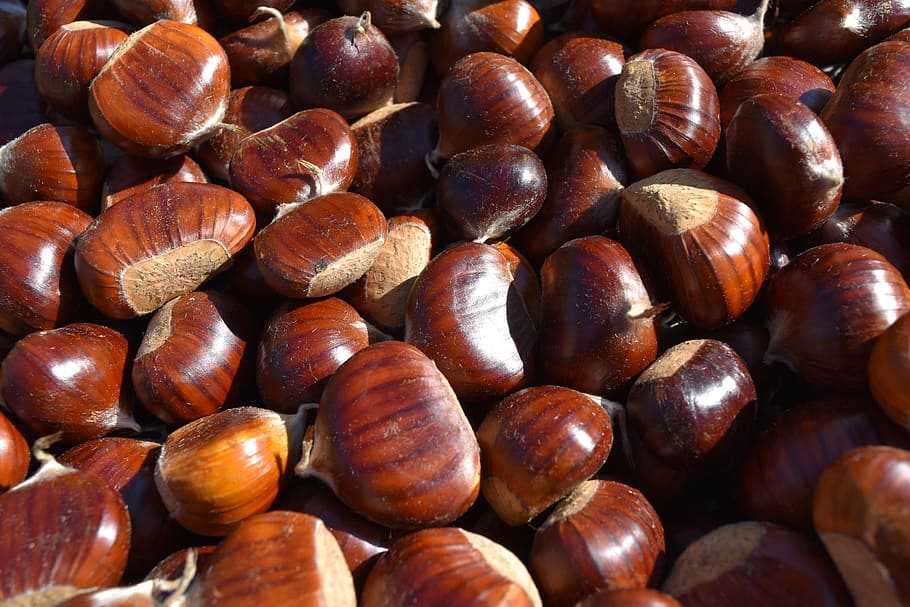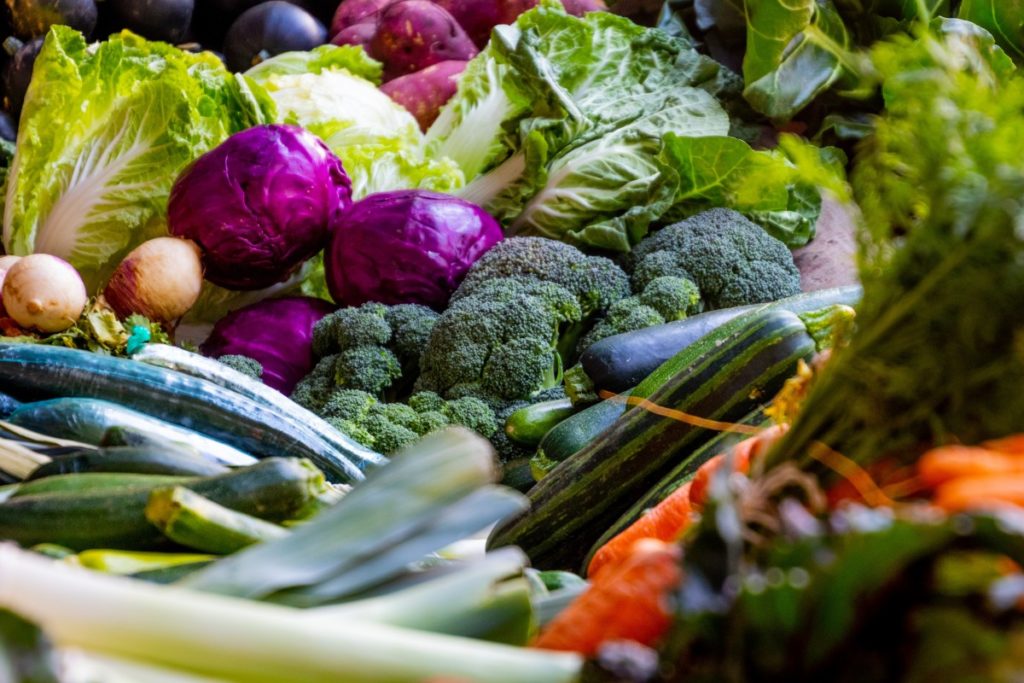Our diet is often too rich in acidifying foods (dairy products, meat, fish, cereals), which can cause various health problems such as osteoporosis, hypertension, or sleep problems.
It is critical to boosting alkaline food consumption to restore the acid-base balance required to achieve optimal bodily functioning. Here is a closer look at the foods to choose from.
Raisins
With a PRAL index of -21, raisins are the most alkalizing food. They are an excellent snack, particularly rich in antioxidants and minerals (calcium, magnesium, potassium, and iron).
The PRAL (Potential renal acid load) index measures a food’s acidifying or basifying potential on the body. A high index implies an acidifying food, while a negative index indicates an alkalizing food. For example, the PRAL of spinach is -14, and that of white rice is 12.5.
Green vegetables
Vegetables, especially green leafy vegetables, endives, kale, broccoli, leeks, and asparagus … are particularly alkaline.
They are rich in mineral salts (magnesium, potassium, calcium…) that will “buffer” the acids and help restore the acid-base balance.
Good to know: to preserve all the alkalizing potential of your green vegetables, eat them raw or cook them, preferably by steaming or stewing. If you cook them in water, you will lose a large part of the minerals diluted in the cooking water and, therefore, a large amount of their alkalizing potential.
However, make sure you choose organically grown vegetables, as they may contain pesticide residues otherwise. This is the case for 67% of non-organic endives, 22% cabbage and broccoli, 51.5% leeks, etc.
Bananas
The banana is considered the only alkaline fresh fruit because its acid content is shallow. It is also an excellent source of minerals (potassium, magnesium …) which also have alkalizing properties.
However, it is preferable to eat bananas from organic farming to benefit from its virtues. Indeed, 57% of non-organic bananas contain pesticide residues.
Other fresh fruits (such as blackcurrant or pear, for example), rich in acids, also have an alkalizing potential. But this depends on the way the body metabolizes these acids.
Explanations: if the person is in good health, these acids will be well assimilated and degraded into alkaline compounds. If the person has a metabolic deficiency (which can result in joint pain, urinary burns, and fatigue …), these acids will be poorly degraded and acidify the body.
The chestnut

With a PRAL index of – 8.5, the chestnut is an interesting alkalizing food. Chestnuts are also an excellent source of manganese and copper.
You can consume it, for example, in the form of chestnut flour: in pancakes, cookies, cakes … it is a delight! Think also of the chestnut puree or simply chestnuts or cooked chestnuts.
Good to know: the chestnut and the marron are both from the chestnut tree. The only difference is that the chestnut is derived from improved varieties of chestnut trees.
The potato
The potato is the only alkalizing starch. It can therefore replace cereals (which are acidifying) during a meal. It is also high in minerals (potassium, magnesium, etc.), vitamins, and fiber.
Good to know: potatoes cooked with the skin are more alkalizing than potatoes cooked without the skin because they contain more minerals.
Vegetable oils
Vegetable oils are also part of the alkalizing foods, but not just any oil!
Always prefer first cold-pressed vegetable oils, and avoid refined or solidified oils (margarine), which, on the contrary, have an acidifying effect on the body.
Good to know: each vegetable oil has a specific fatty acid composition, so the best solution is to alternate them to take advantage of the benefits each. The best choices: olive oil (as a priority), walnut oil, macadamia oil, linseed oil…
Some mineral waters
Mineral water is also an alkaline food as long as you choose water-rich in bicarbonates, which will neutralize the acids.
Our modern diet is often too rich in acidic foods. It is critical to alkalize your body to avoid health concerns associated with acidosis. This means eating more vegetables and reducing your consumption of meats, grains, and dairy products.
Certain food supplements can also help you achieve your goals, such as bicarbonate, sprouted seeds, or brewer’s yeast.


